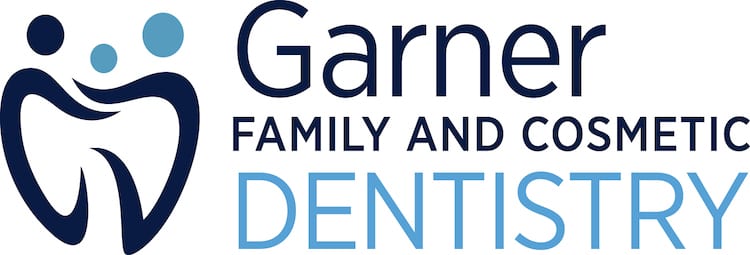Missing teeth are more than just a cosmetic concern. They also lead to several consequences to your dental health, including the weakening of surrounding teeth, a higher risk of plaque build-up, and bite problems.
Dr. Matthew Jenne sees patients with missing teeth and creates personalized treatment plans for replacing missing teeth at Garner Family and Cosmetic Dentistry.
Replacing A Single Lost Tooth
It’s important not to procrastinate the replacement of a single tooth. After suffering from a single tooth loss, your other teeth begin to shift their position around the newly empty space. This increases your risk of tooth crowding, gap formation, and changes in the fit of the bite.
Dr. Jenne offers customized restorative treatment plans for replacing your missing tooth, including dental bridges, dentures, and dental implants.
Dental bridges typically involve the placing of crowns on the surrounding teeth of the empty space and then the placement of a false tooth between them to bridge the gap and prevent further shifting. Dental implants involve surgically mounting a small post into your jaw to secure a false tooth.
You will need a thorough evaluation to determine which treatment option is best for your oral health. We recommend making an appointment as soon as possible following the tooth loss.
Replacing A Full Arch of Teeth
Our team is committed to restoring your smile and your dental health. If you’re in need of a full-mouth restoration, Dr. Jenne can work with you to determine the best way to restore your smile.
A combination of treatments may be recommended to meet both oral health and cosmetic needs, giving you back a smile that is beautiful, healthy, and functional.
Some of our full arch teeth replacement solutions involve:
- Tooth extraction procedures
- Custom dentures
- Partial dentures
- Implant dentures
Often, for our full arch teeth replacement patients, we are able to offer durable full arch dentures that can be permanently secured through dental implants. This allows your smile to look as natural as possible.
Regardless of your course of treatment, our team will ensure that you are able to speak, chew, and smile comfortably afterward, with a brand new set of restored teeth!
Missing Teeth FAQs
Can I get a denture for one tooth?
Patients may get a denture for one tooth. This is known as a single tooth or partial denture. These are very common procedures that are used to fix one missing or broken tooth.
What is the best option for a missing front tooth?
The most commonly chosen option to repair or replace a missing front tooth is dental implants. Dental implants are a permanent replacement for your missing tooth. They are strong and function similarly to your natural teeth. Crowns attached to dental implants can also be color-matched so that they aesthetically match the rest of your smile.
Can you live with a missing tooth?
Patients can live with a missing tooth. However, most dentists strongly recommend replacing them. There are many issues associated with having a missing tooth. Teeth may shift, patients may struggle to eat, chew, and speak and jaw bone structure may change due to gaps.
What happens if I do not replace a missing tooth?
Not replacing a lost tooth for an extended period of time might lead to complications like crowding, tooth shifting, and gum recession. As teeth shift to fill open space they put excess pressure on the gums which may cause irritation.
Are dental implants painful?
Dental implants are the most common way to restore or replace damaged teeth or lost teeth. Your dentist will sedate you with local or general anesthetic for the procedure, so it is usually completely painless! After sedation wears off patients report a mild tender pain, which is normal after any surgery.
How many teeth can a bridge replace?
A dental bridge can replace a single tooth or a whole row of teeth. Bridges typically replace one to four teeth, depending on the needs of the patient.
Does having missing teeth affect your health?
Heart disease, diabetes, and kidney disease have been linked to missing teeth. Gum disease can spread to other parts of the body more quickly. To keep harmful bacteria away, you must maintain a good oral care routine and remove any plaque or bacteria that is present.
Can missing teeth give you headaches?
Missing teeth may be the cause of migraines and headaches. They may cause teeth to crowd causing excess pressure in the jaw and facial muscles, resulting in headaches.
